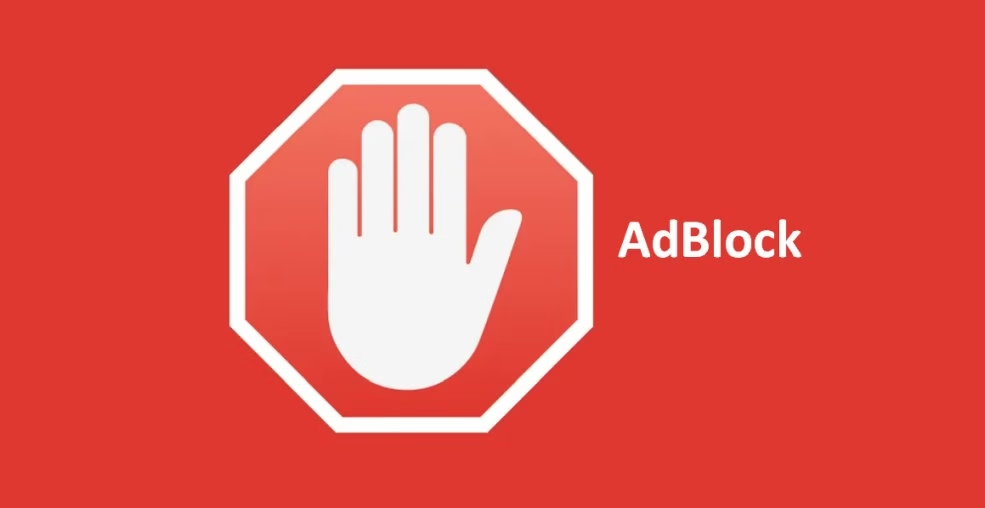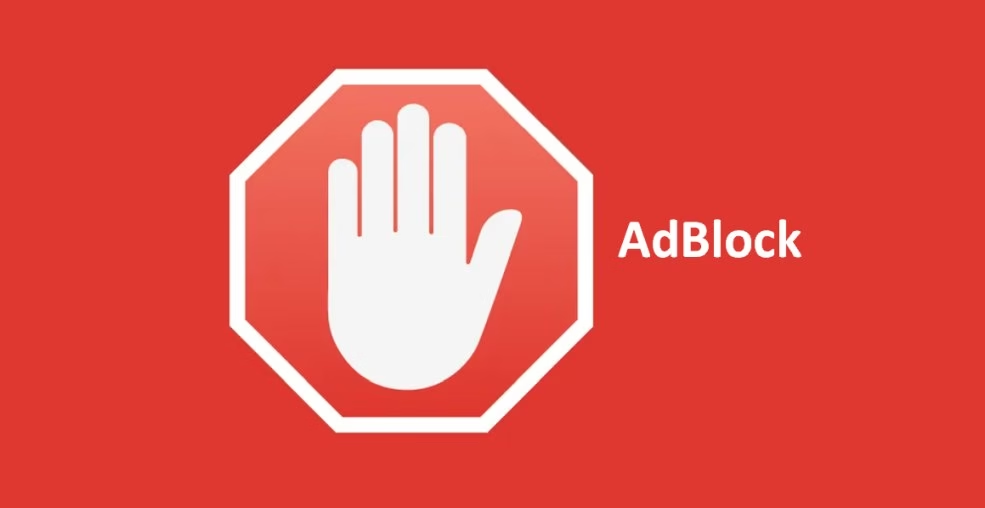4 Best Chrome Ad Blockers
Introduction
In today’s digital world, online ads are everywhere—from pop-ups and banners to video interruptions and trackers. While ads are a primary source of income for many websites, they can also be intrusive, slow down browsing, and compromise your privacy. That’s where ad blockers come in. If you’re a Chrome user looking for a smoother, faster, and safer browsing experience, using an ad blocker can make a world of difference.
These handy browser extensions remove or hide advertisements on web pages, letting you enjoy content without distractions. With so many options available, choosing the right one can be challenging. That’s why we’ve rounded up the four best ad blockers for Chrome, based on performance, features, and ease of use. Whether you’re a casual browser or a power user, there’s a solution that fits your needs and enhances your web experience.
What is an Ad Blocker?

An ad blocker is a browser extension or software designed to remove or prevent advertisements from appearing on websites. It works by scanning web pages and blocking elements that are recognized as ads, such as pop-ups, banners, auto-play videos, and tracking scripts. Most ad blockers rely on regularly updated filter lists to identify and block unwanted content. In addition to providing a cleaner browsing experience, they also enhance privacy and security by stopping tracking cookies and malicious ads. For Chrome users, ad blockers are easy to install and often highly customizable.
Why Use an Ad Blocker in Chrome?
Using an ad blocker on Chrome offers several key benefits. First, it dramatically speeds up page loading times by removing data-heavy ads and trackers. Second, it enhances user privacy by preventing advertisers from collecting your browsing data. Third, ad blockers create a more pleasant browsing experience, free of distractions and annoying pop-ups. They also help avoid exposure to malicious ads that can harm your device. Whether you’re on a laptop or mobile device, an ad blocker can improve security and reduce unnecessary internet usage.
How to Choose the Right Ad Blocker
When selecting an ad blocker for Chrome, it’s important to consider your specific browsing habits and needs. Look for features such as customizable filters, ease of use, low resource consumption, and compatibility with frequently visited websites. Some ad blockers offer advanced privacy tools or allow you to whitelist certain sites you want to support. While free options are often sufficient for most users, premium versions may offer extra protection or customer support. Always choose a reputable and regularly updated extension to ensure maximum effectiveness.
AdBlock
AdBlock is one of the most popular and widely used Chrome ad blockers. It effectively blocks all types of ads, including pop-ups, banners, and autoplay videos. AdBlock offers customizable filter lists and allows users to whitelist sites they want to support. It’s user-friendly, lightweight, and doesn’t slow down your browser. While there’s a free version, users can also opt to support the developers through donations. AdBlock is ideal for casual users who want a simple and reliable ad-blocking experience without advanced settings.
uBlock Origin

uBlock Origin is a powerful, open-source ad blocker known for its high efficiency and low system resource usage. Unlike some ad blockers that only focus on hiding ads, uBlock Origin gives users full control with advanced filter options and dynamic settings. It supports multiple block lists and works well against trackers and malicious content. Despite its powerful features, it remains lightweight and fast. Ideal for tech-savvy users, uBlock Origin is completely free and respected for its transparency, privacy focus, and excellent performance.
AdGuard
AdGuard is a versatile ad blocker that goes beyond browser-based filtering. While it offers a Chrome extension, it also has a standalone desktop app that provides system-wide ad blocking. The extension effectively blocks banners, pop-ups, and trackers, and even helps protect against phishing and malicious websites. AdGuard also includes parental control features and customizable filters. While the extension is free, the full version with extra features requires a paid license. AdGuard is a great option for users who want both browser and overall device protection.
Ghostery
Ghostery is a privacy-focused ad blocker that not only blocks ads but also reveals and controls trackers on websites. Its intuitive interface lets users see who’s tracking them and choose which trackers to block or allow. Ghostery also features Enhanced Anti-Tracking and Smart Blocking, which optimize page loading times while protecting privacy. It’s an excellent choice for users who are particularly concerned about data collection and online surveillance. Ghostery is free, though it also offers a premium version with additional features and support.
Comparison Table of the 4 Best Ad Blockers
To help you decide which ad blocker suits you best, here’s a quick comparison of the top four options. AdBlock is beginner-friendly and great for general use, while uBlock Origin is powerful and ideal for advanced users. AdGuard stands out with its system-wide protection, and Ghostery shines in privacy control. Each tool varies in performance, resource usage, customization, and privacy features. By comparing side-by-side, you can better evaluate which one aligns with your browsing needs, preferences, and technical comfort level.
How to Install an Ad Blocker on Chrome
Installing an ad blocker on Chrome is quick and simple. First, go to the Chrome Web Store and search for the ad blocker you want. Click on the extension, then hit the “Add to Chrome” button. Once installed, the extension will appear in your browser toolbar. From there, you can customize settings or activate it immediately. Make sure to download only from trusted sources to avoid fake or harmful extensions. Most ad blockers start working right away with minimal configuration needed.
Are Ad Blockers Legal and Ethical?
Ad blockers are legal in most countries, and millions of users rely on them for a better online experience. However, their use raises ethical debates. While they improve privacy and usability, they also cut off revenue for content creators and websites that depend on advertising. Many users choose to whitelist trusted sites to support them. Ultimately, using ad blockers is a personal choice that balances convenience with consideration for free content providers. The key is to use them responsibly and ethically.
Limitations of Ad Blockers
While ad blockers are useful, they’re not perfect. Some websites use anti-ad blocker scripts to detect and block access unless ads are allowed. Additionally, ad blockers may occasionally interfere with site functionality or hide non-ad content by mistake. They also can’t block ads inside some apps or video players like YouTube in certain cases. Regular updates and proper configuration can minimize issues, but users should understand that ad blockers aren’t a one-size-fits-all solution and may need occasional adjustments.
Tips for Maximizing Ad Blocker Efficiency

To get the most out of your ad blocker, start by enabling multiple filter lists, including ones for privacy and malware protection. Whitelist sites you want to support or those that don’t work properly with the ad blocker. Keep your extension updated for the latest rules and features. Use companion tools like privacy-focused search engines and VPNs for even more protection. Learning the settings and taking a few minutes to fine-tune your blocker can greatly enhance your overall browsing experience.
Conclusion
Ad blockers are essential tools for improving your online experience by reducing clutter, protecting privacy, and speeding up browsing. Whether you prefer the simplicity of AdBlock, the power of uBlock Origin, the all-around protection of AdGuard, or the privacy focus of Ghostery, there’s a Chrome ad blocker that fits your needs. Each has its strengths and ideal user base. By choosing wisely and using your ad blocker responsibly, you can enjoy a cleaner, faster, and safer internet experience while still supporting the content you value.
FAQS
Which Adblock is best for Chrome?
Total Adblock: Best overall
It offers a limited free version, which still has impressive ad blocking test results, and a worthwhile premium plan with unlimited ad blocking potential — plus you get TotalAV antivirus included at no extra cost.
What is the #1 best ad blocker?
uBlock Origin is arguably the most popular ad-blocking tool, and for good reason. This tool is free to use and very effective at removing ads from your browsing experience. You can download it as an extension across a range of browsers, including Chrome, Firefox, Edge, Opera, Brave, and Safari (before version 13).
Is there a 100% free ad blocker?
Adblock Plus. The world’s 1 free ad blocker.
Is Chrome AdBlock safe?
Yes, AdBlock is safe to install and use. Their recently updated privacy policy clearly states that they only collect the bare minimum data, which is required to provide the service.
Is Firefox better than Chrome?
It’s difficult to definitively say if Firefox is “better” than Chrome, as both have strengths and weaknesses. Chrome is generally faster and more standards-compliant, while Firefox prioritizes privacy and offers more customization options. Ultimately, the “better” browser depends on individual needs and preferences.

The sidebar appears to be empty, which might affect the functionality or appearance of the page. It’s important to add relevant widgets to enhance user interaction and navigation. Without widgets, the sidebar might look incomplete or unused. This could be an opportunity to include useful tools or links for visitors. Have you considered what type of widgets would best suit the sidebar’s purpose? Given the growing economic instability due to the events in the Middle East, many businesses are looking for guaranteed fast and secure payment solutions. Recently, I came across LiberSave (LS) — they promise instant bank transfers with no chargebacks or card verification. It says integration takes 5 minutes and is already being tested in Israel and the UAE. Has anyone actually checked how this works in crisis conditions?